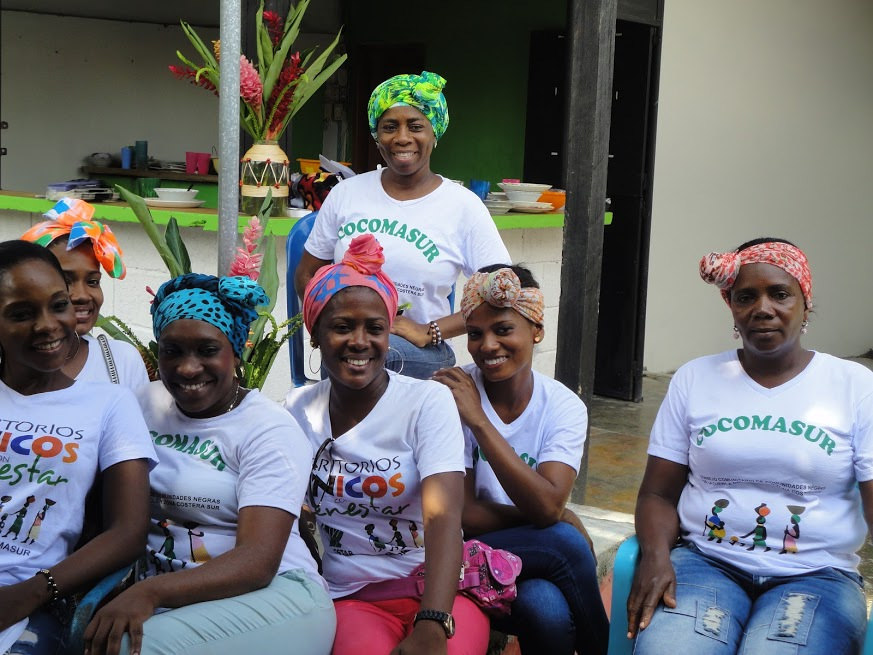2017 was a busy year in Colombia for the UN-REDD Programme. A number of activities, workshops and training sessions took place across the country with diverse and widespread participation from Indigenous People, Afro-Colombians and farmers. For the first time, all groups were brought together as key stakeholders to gain a clear understanding of REDD+ and to contribute to the country’s National REDD+ Strategy.
This stakeholder process allowed them the opportunity to express their concerns and ideas for REDD+ and to refine a vision for how REDD+ can support their communities in slowing deforestation and building sustainable environmental economies.
Land title was the biggest concern for indigenous communities whose territories are located in key areas of conservation. They are keen to work with government on building their autonomy, strengthening governance and being actively involved in consultations around the financial support of projects in their territories.
Afro-Colombian’s are concerned primarily with legal recognition and ensuring they are part of the process to limit illegal mining as it impacts the forests and water in their territories. “Biodiversity is only possible if our people are able to maintain and strengthen our cultural practices,” says Afro Colombian leader, Absalon Jose Suarez. “For that, the rivers, mountain, streams, farms are essential as both natural and cultural resource. Our territory is not for sale but it is a place where our community can satisfy our basic human needs and identity.
Colombian farmers, who are seen by Indigenous communities to be encroaching on forest areas, expressed their concerns for financial support and recognition as they are often left out of land decisions.
All groups are struggling with illegal logging, mining and agricultural encroachment, as well as with the drug trade and a lack of an effective police presence in their communities. Illegal mining has led to contaminated fresh water sources, particularly in the Pacific region. And climate change has brought drought and flooding that has resulted in communities losing their homes and forests.
Through the UN-REDD Programme activities, all groups have learned how REDD+ can help empower their communities, while acknowledging their rights and improving the financial mechanisms that can assist in forest conservation while simultaneously improving income and livability.
Colombia’s National REDD+ Strategy is now in draft form, but is currently being reviewed by the government.
